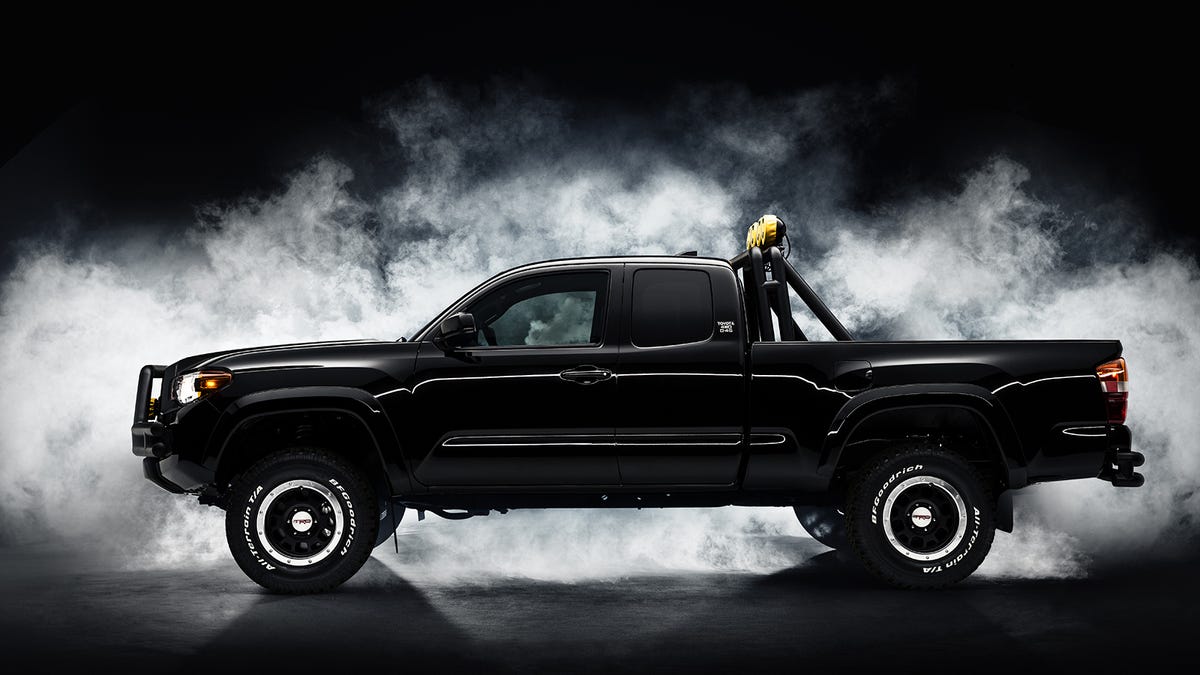Toyota invests $1B to tap Silicon Valley's AI know-how
The automaker hopes its new hub in Palo Alto, California, will develop technology to improve the safety of its vehicles.

Toyota sees artificial intelligence playing a big part in its future.
Silicon Valley has a reputation for tirelessly pursuing innovation and attracting the best tech talent in the world. The latest company to be reeled in by its bright lights and humming servers is Japanese carmaker Toyota, which has said it will establish an artificial intelligence research company in the region.
Headquartered near Stanford University in Palo Alto, California, with a second facility located near MIT in Cambridge, Massachusetts, the Toyota Research Institute will begin operations in January 2016 and is set to receive $1 billion of investment over the next five years. This is in addition to the $50 million the company has already invested to establish joint research labs at Stanford and MIT.
Many Silicon Valley-based companies, including tech titans such as Google and Facebook, are investing in AI research. By basing itself in the region, as well as creating close bonds with two of the premium research institutions exploring robotics and AI, Toyota is establishing itself as a major player in the field.
Both AI and robotics have an important role to play in the creation of autonomous vehicles, something Google has been keen to publicize. Toyota's research, however, will focus on improving vehicles for human drivers, at least to start with.
"Our initial goals are to improve safety by continuously decreasing the likelihood that a car will be involved in an accident, to make driving accessible to everyone, regardless of ability and to apply Toyota technology used for outdoor mobility to indoor environments," said Gill Pratt, Toyota's executive advisor, who is set to become CEO of the new enterprise.
Pratt has been a program manager for the past five years at DARPA, the US Department of Defense's research agency. One of his responsibilities was to lead the organisation's annual robotics challenge, in which humans and robots collaborate on disaster response.
Over the past few years carmakers have ceased to be non-computing technology companies and have been pushing at the boundaries of what on-board software can achieve. It's near impossible to buy a new car now that does not have a computer installed. Ford, for example, is now making data protection part of its sales pitch as its new vehicles produce upwards of 25GB of data per hour.
The next challenge will be to optimise that technology using AI solutions to make the driving experience smarter and safer. Toyota says that its goal is to form a bridge between the research that is happening in the labs of top universities and actual product development. "As technology continues to progress, so does our ability to improve products," said Toyota president Akio Toyoda.

